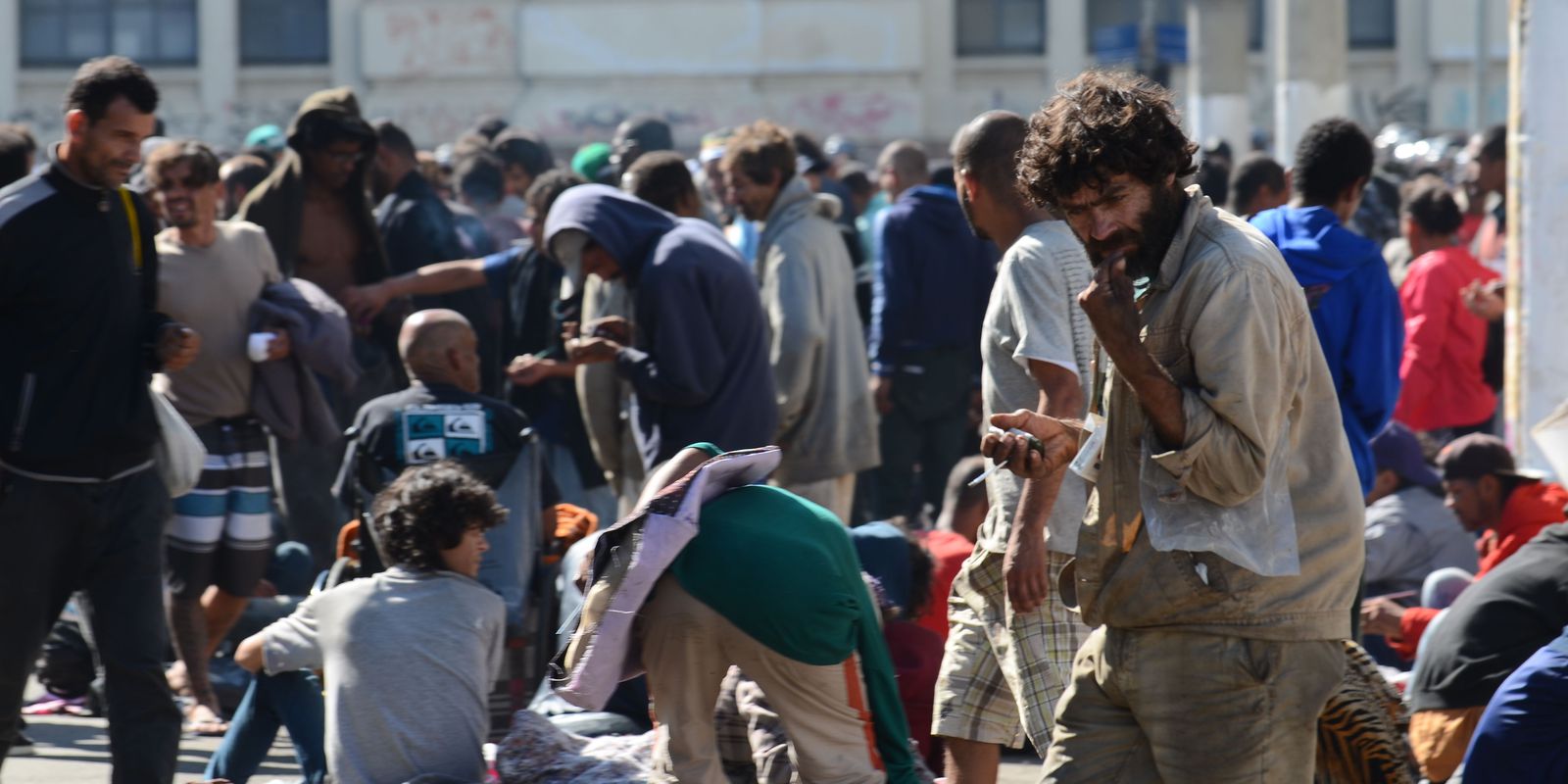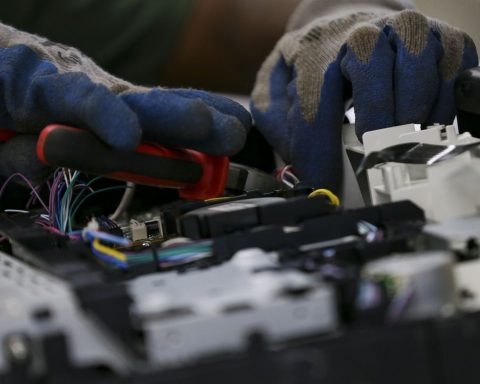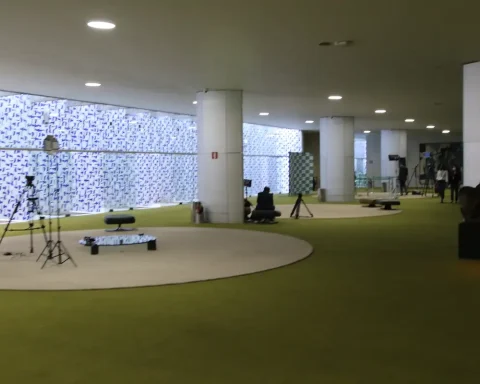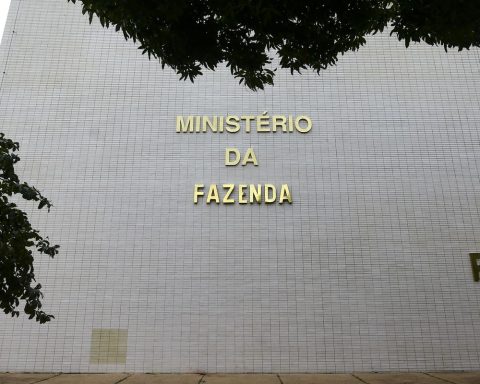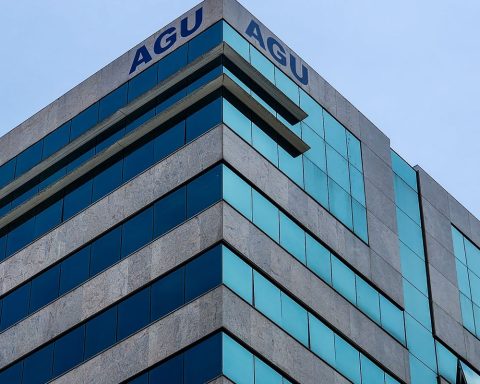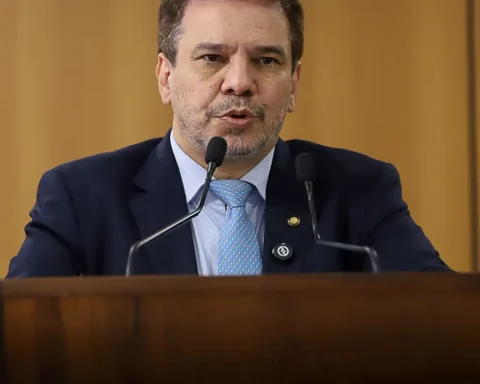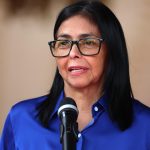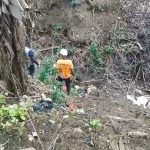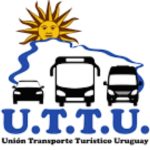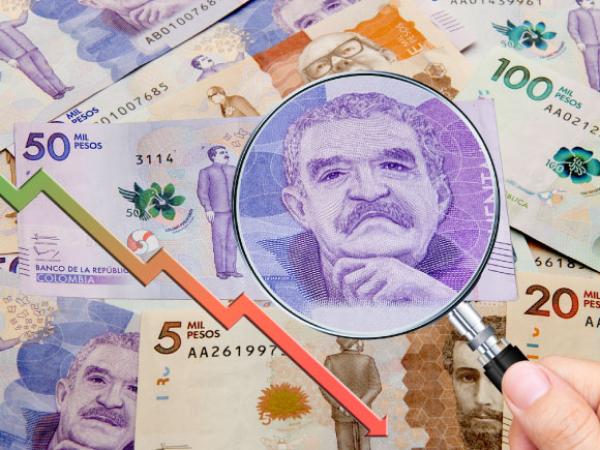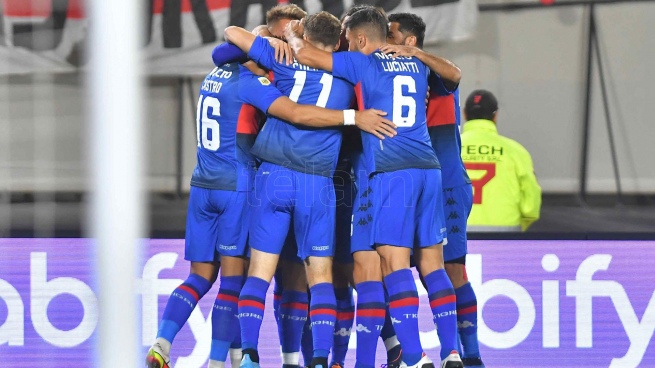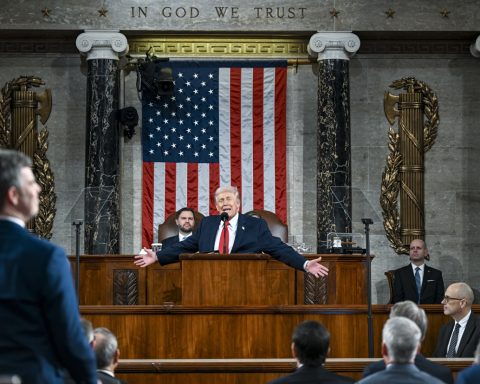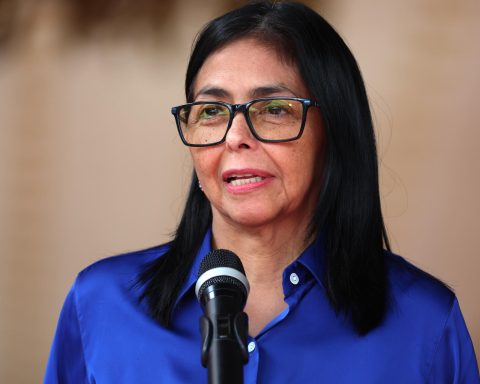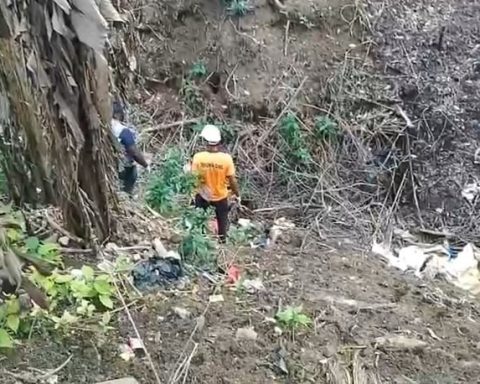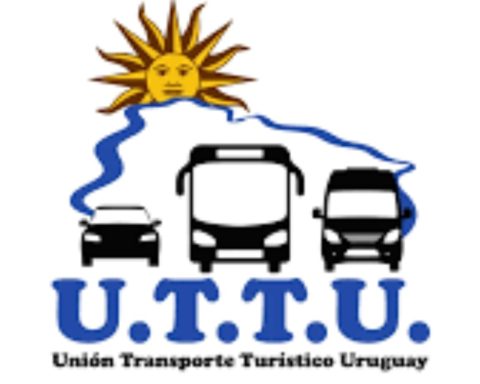Agents of the Metropolitan Civil Guard, city hall employees and civil and military police launched an operation against drug trafficking in the Praça Princesa Isabel, in the center of São Paulo, known as new Cracolândia, in the early hours of today (11). The operation had the participation of 200 civil police officers, 300 military police officers and 150 civil guards.
The action is part of Operations Caronte and Sufoco and complied with arrest, search and seizure warrants that were issued by the Judiciary after investigation and intelligence work.
The operation began at 4 am and arrested 20 people, 5 of them in the act. According to the sectional delegate of the central region of the city of São Paulo, Roberto Monteiro, the prisoners were drug dealers. “What we discovered in the intelligence work is that, in fact, it was not a sale and consumption by dependence. In fact, it was about the existence of several traffickers, hierarchical, kept in a criminal organization, who earned, according to our estimate, close to R$ 200 million a year”, he said, at a press conference held this afternoon.
Today’s operation, said the delegate, was planned by a task force, which even used undercover police officers to identify the traffickers. Marijuana and crack bricks, scales, knives, stolen documents, cell phone cases and two simulated weapons were seized during the police action. The amount of drugs seized, however, was not disclosed. According to the delegate, the police action has not yet been completed: there are arrest warrants to be fulfilled.
The report passed through Praça Princesa Isabel after the operation and found that many police officers were still there, but there was no longer any flow. City officials worked in the square this afternoon. It was not possible to know where the flow was directed: it was dispersed in several regions of the city. According to the delegate, police officers are monitoring possible new locations that can be used for the flow.
New Cracolândia
The new Cracolândia appeared in March this year, when users migrated from the surroundings of Praça Júlio Prestes – where it remained for about 30 years, according to the sectional delegate – to Praça Princesa Isabel. Reports said that the change of location would have been an order of organized crime, but at the time, the then governor of São Paulo, João Doria, denied the information. With today’s operation, the flow has dispersed. And it should not go back to Praça Princesa Isabel, as a proposal was presented to the City Council of São Paulo to transform it into a park. If the project is approved, the square could be closed off by bars.
In an interview with Brazil Agency, Aluizio Marino, a researcher at Lab Cidade, criticized the police operation, calling it anti-political. “Once again, the violence and brutality of the police causes a dispersion of the scene of use, a multiplication of spaces and small Cracolândias in the city of São Paulo, which makes even more difficult a job that is already so precarious of social assistance and of health. It really is anti-politics because it doesn’t help at all. On the contrary: it makes the problem even worse and will multiply scenes of use in the city of São Paulo”.
For him, a new police operation against Cracolândia will not solve the problem. “What is very clear is that all this action does not end with Cracolândia: it only multiplies the number of scenes of use. The speech we make [movimentos e organizações sociais] is not permanence of Cracolândia. But we know very well that police violence is not the way to resolve the issues that cross those people, those bodies, those trajectories. It is fundamental, yes, to end Cracolândia, but it is not like that. What they are doing is making the problem worse because they multiply the number of ‘mini’ Cracklands and use scenes,” he said.
“What happens in Cracolândia happens because they are poor people, mostly black, many of them coming out of the prison system, marked by a series of issues, crossed by a series of traumas. There are scenes of drug use in elite neighborhoods, for example in Vila Madalena and in bars at various colleges. This type of repression is closely linked to a hygienist policy and real estate speculation. This is a territory that is in constant dispute, which will undergo some openings of public facilities”, added Marino.
The sectional delegate, however, understands differently. For him, the dispersion of the flow facilitates police work. “We have examples in other cities around the world and we can see it here as well. We had a homogeneous group there at Júlio Prestes [antiga Cracolândia] in which this flow reached 4 thousand drug addicts and drug dealers. The permeability of such a group is very difficult. Not only for the police to do a job of repressing trafficking, but also for the social assistance and public health teams to make the approach. We realized, with international experience, that when we dilute in small groups and small nuclei it is easier and also more effective to approach. So much so that we had a 150% increase in the social approach after the migration of part of the flow to Praça Princesa Isabel”, said the delegate. According to him, this is a different police operation from the many others that have already been carried out in Cracolândia.
wanted by Brazil Agency, the city of São Paulo, through the Municipal Department of Assistance and Social Development (Smads) reported that advisors from the Specialized Social Approach Service (Seas) provided assistance to users during the early hours of the morning and late this morning (11), being responsible for 146 referrals. “Not all cases of assistance are directed to SIATs (Integrated Therapeutic Shelter Service). This is an assessment made after referral to the network, where these citizens undergo screening to identify the most appropriate service, whether therapeutic or social assistance”, informed the municipal administration, in a note.
In the note, the city hall also informs that the Municipal Health Department, through the Psychosocial Care Center (Caps), has also been monitoring the situation of the place since 4:00 am this Wednesday (11) and hosted 17 users who chose for receiving care at the unit since dawn.
